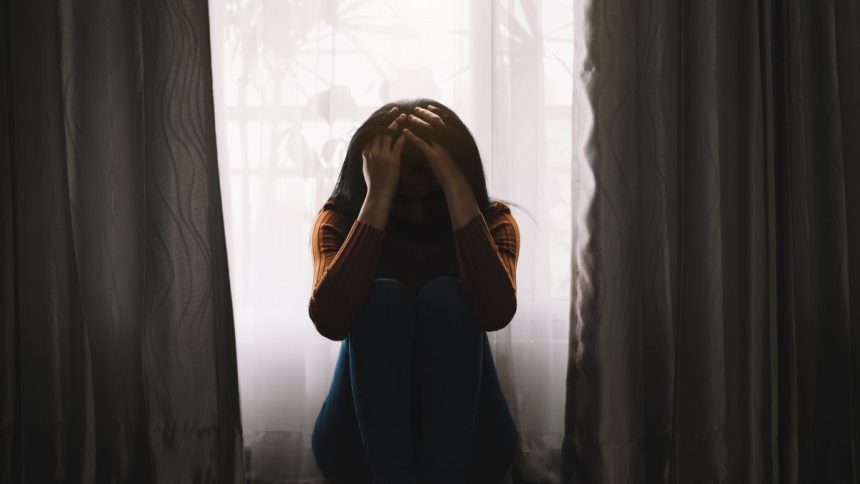
In this section you will find information about Mental Health and the support available if you or someone you know is suffering.
Mental Health
Good mental health means being generally able to think, feel and react in the ways that you need and want to live your life. But if you go through a period of poor mental health you might find the ways you’re frequently thinking, feeling or reacting become difficult, or even impossible, to cope with. This can feel just as bad as a physical illness, or even worse.
Mental health problems affect around one in four people in any given year.
Childline – Get help and advice about a wide range of issues, call us on 0800 1111, talk to a counsellor online, send Childline an email or post on the message boards.
Mind – Provide advice and support to empower anyone experiencing a mental health problem. We campaign to improve services, raise awareness and promote understanding.
YoungMinds – The UK’s leading charity fighting for children and young people’s mental health.
time to change Wales – The first national campaign to end the stigma and discrimination faced by people with mental health problems.
Samaritans – Working to make sure there’s always someone there for anyone who needs someone.
Meic – Helpline service for children and young people up to the age of 25 in Wales.
Heads Above the Waves – Not-for-profit organisation that raises awareness of depression and self-harm in young people.
Hafal – Welsh mental health charity supporting those affected by serious mental illness in Wales.
















GOT SOMETHING TO SAY?
You must be logged in to post comments on this website
Login Here Register